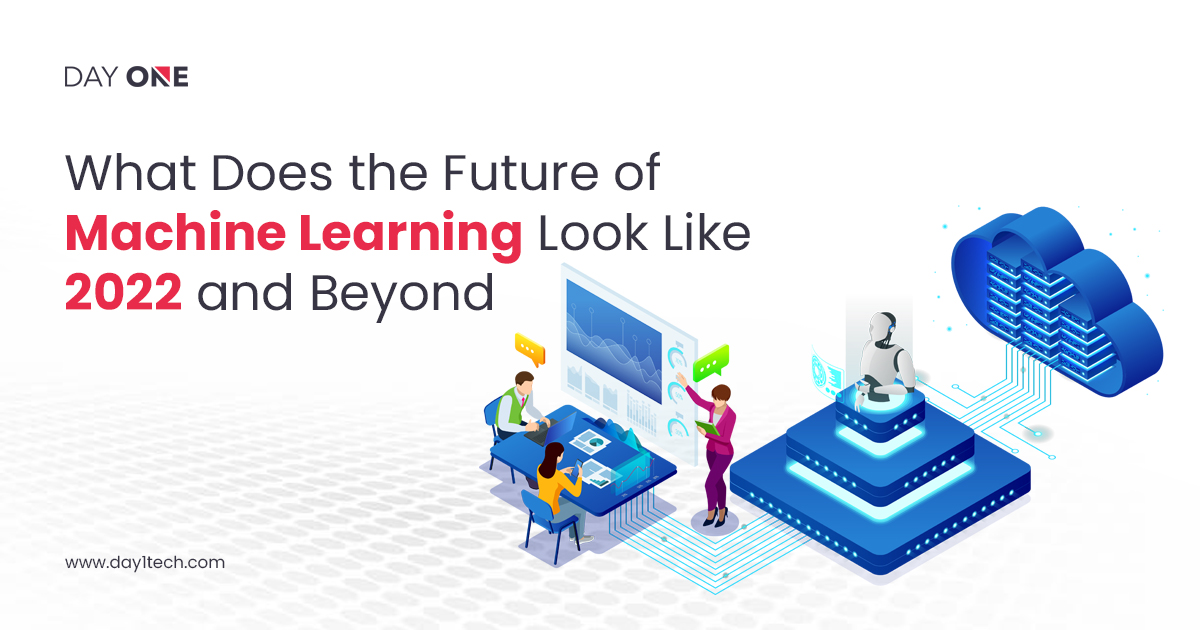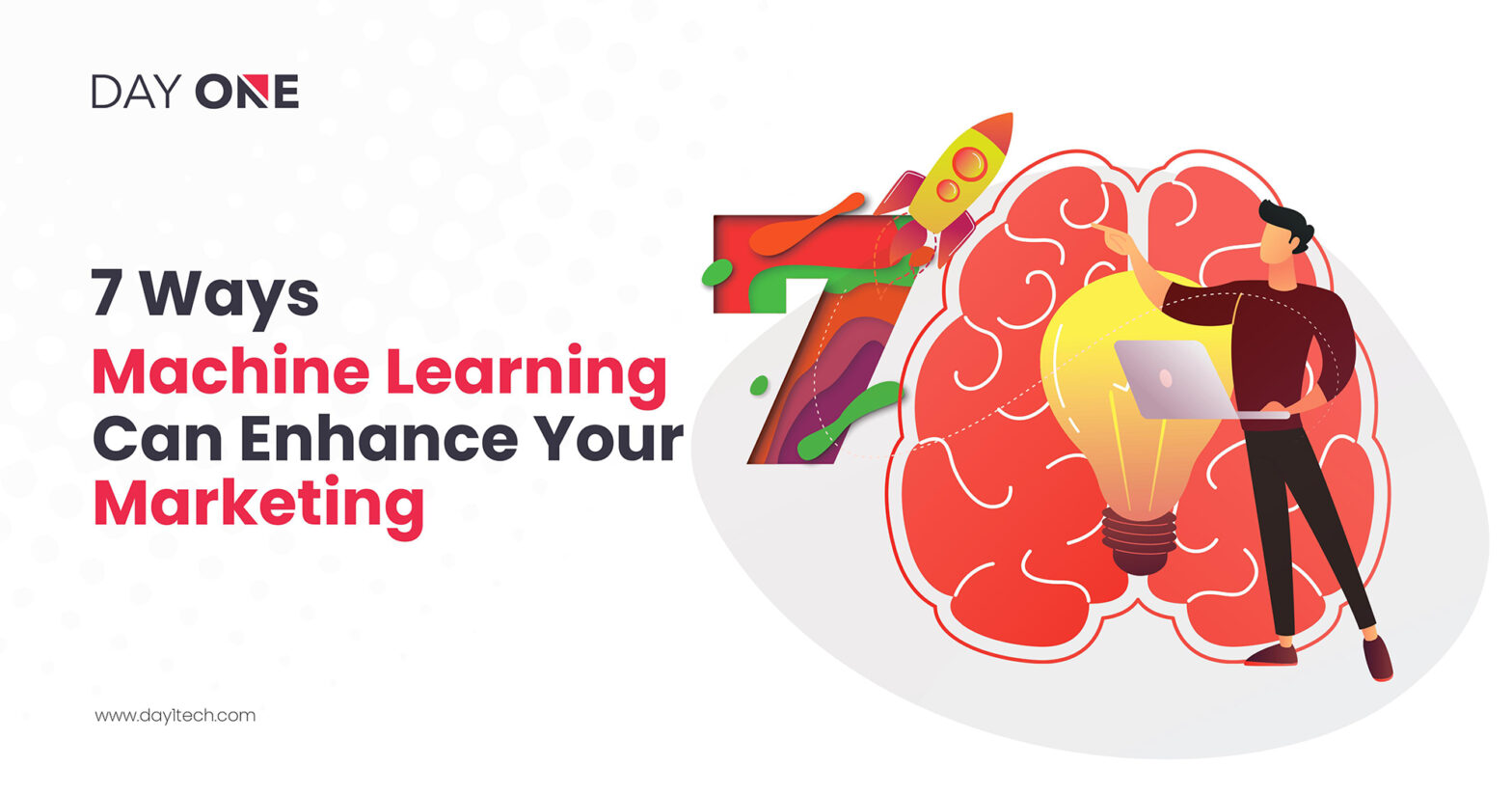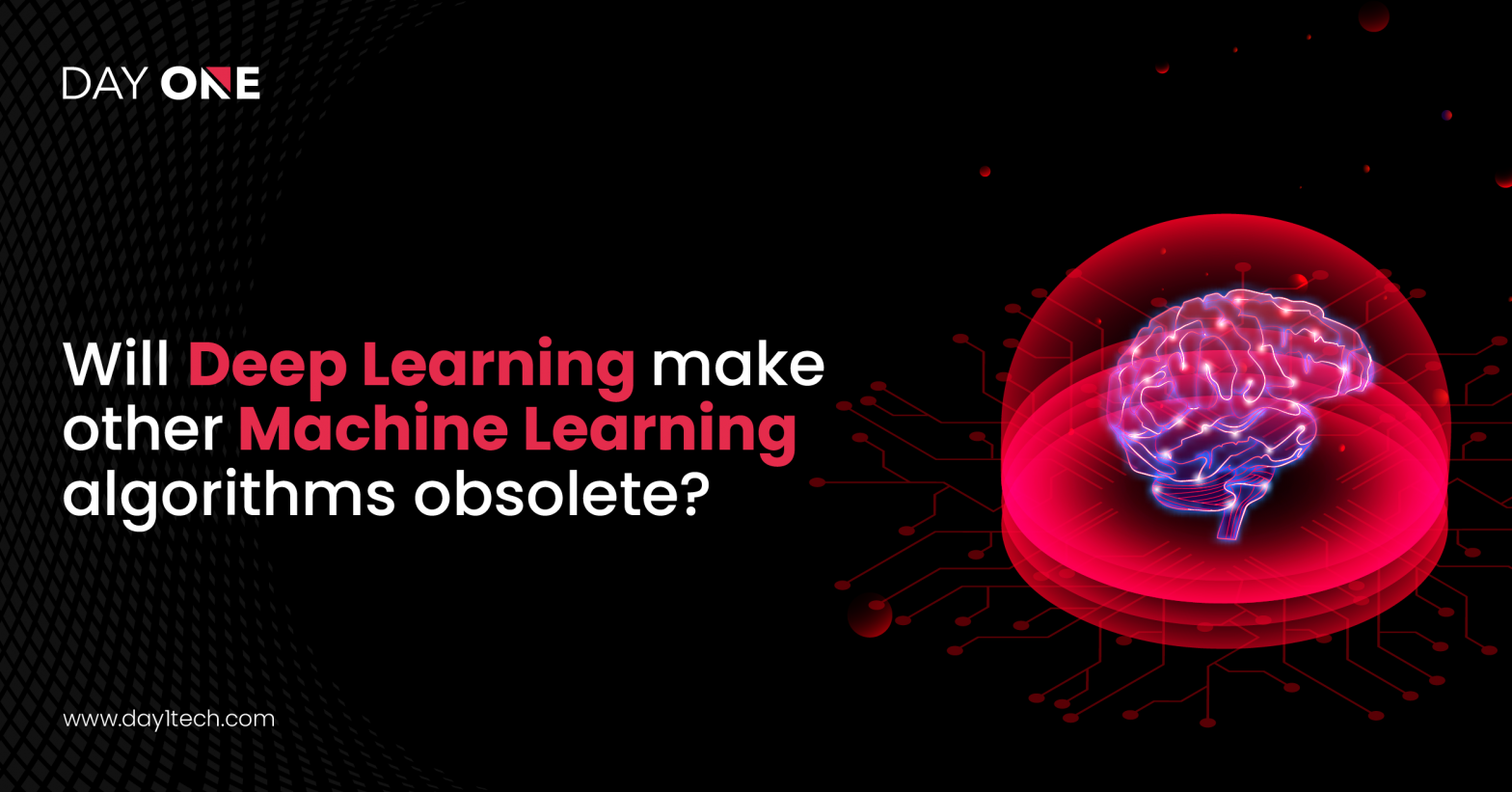What Does the Future of Machine Learning Look Like – 2022 and Beyond
admin
Machine Learning
February 9, 2022
5 min read

What Does the Future of Machine Learning Look Like – 2022 and Beyond
Machine Learning (ML) is so versatile and powerful that it’s one of the most exciting technologies of our times. Amazon uses it, Netflix uses it, Facebook uses it, and the list goes on and on.
But, as with all other hyped technologies, there are a lot of misconceptions about machine learning too. In this article, we will discuss the future of machine learning and its value throughout industries.
Machine learning works on the principles of computer algorithms that learn in a reflex manner through trials and experiences. ML is an application of Artificial Intelligence that permits program applications to anticipate results with utmost precision. It makes a distinction to create computer programs and to assist computers to memorize without human intercession.
Machine learning plays an important role in the field of enterprises as it enables entrepreneurs to understand customers’ behavior and business functioning behavior. Nowadays leading companies like Google, Amazon, Facebook, Tesla, and many more are efficiently utilizing these technologies, as a result, machine learning has become a core operational part of functioning.
Also Read: 10 Machine Learning Trends To Help Your Business Grow
The future of machine learning is exceptionally exciting. At present, almost every common domain is powered by machine learning applications. To name a few such industries – healthcare, search engine, digital marketing, and education are the major beneficiaries.
ML could be contested merit to an enterprise or an organization as tasks that are presently being done manually shall be wholly accomplished by the machines in the future. Machine Learning becomes AI’s greatest blessing to the human race for the effective realization of the targets.
The fields of Computer Vision and Natural Language Processing (NLP) are making breakthroughs that no one could’ve predicted. We see both of them in our lives – facial recognition in our smartphones, language translation software, self-driving cars, and so on. What might seem science fiction is becoming a reality.
With machine learning being so prominent in our lives today, it’s hard to imagine a future without it. Here are our predictions for the development of machine learning in 2022 and beyond.
Defining the Future of Machine Learning Using Quantum Computing
The discipline of machine learning has the potential to be transformed and innovated by quantum algorithms. Quantum computing allows the performance of simultaneous multi-state operations, enabling faster data processing.
Machine learning with Quantum can improve the analysis of data and get more profound insights. Such increased performance can help enterprises and businesses to get better results than through more traditional machine learning methods.
So far, there is no commercially ready quantum machine learning model available. However, big tech companies are investing in this technology, and the rise of quantum machine learning systems is not that far off.
Also Read: What Happens If Blockchain and Machine Learning Are Combined?
AutoML To Facilitate End-To-End Model Development Process
AutoML or Automated Machine Learning is automating the process of applying machine learning algorithms to complete real-life tasks. AutoML simplifies the process in order to help a business apply complex machine learning models and techniques without being an expert in machine learning.
AutoML uses a wider audience to use machine learning, indicating its potential to change the technology landscape. For instance, to quickly find the algorithms data scientists can use or whether any algorithms have been missed.
Here are some stages of development and deployment of a machine learning model that AutoML can automate:
- Data Preprocessing – With AutoML, the data preprocessing improves data quality, helps data cleaning by transforming unstructured data into structured data and data reduction, etc.
- Feature Engineering – The use of AutoML algorithms to assist in creating more adaptable features based on the input data.
- Feature Extraction – AutoML uses different datasets to produce new features that will improve results and reduce the size of data.
- Feature Selection – AutoML intelligently chooses only useful features or datasets for processing.
- Hyperparameter Optimisation and Algorithm Selection – AutoML automatically chooses the best possible hyperparameters and algorithms.
- Model Deployment and Monitoring – AutoML deploys systems based on the framework and monitors the system performance using dashboards.
Industries to Watch for Machine Learning Disruption
Pharmaceutical and Healthcare Industry
Machine learning has virtually endless applications in the healthcare and pharmaceutical industry. Today, the healthcare industry generates massive amounts of data and helps to streamline administrative processes in hospitals, map and treat infectious diseases and personalize medical treatments. Applying machine learning techniques in the healthcare industry can greatly contribute to better predictions and treatments.
Every day, new diseases are growing and evolving. So machine learning in healthcare is becoming one of the most helpful and effective systems to identify and diagnose these diseases earlier. Many genetic and cancer diseases are not easy to detect or recognize, but machine learning can handle them. The industry hopes that the future of healthcare technology will now rely on machine learning because, with this, the identification and diagnosis of diseases become easier and error-free.
Drug development is time-consuming and costly. With drug compound structure datasets, machine learning algorithms can predict the impact it could have on different cells, genes and also detect the possible side effects. Machine learning can speed up the drug testing time, which results in accelerating the process of bringing drugs to the market.
Also Read: How Wearables are Transforming the Healthcare Industry
Manufacturing Sector
The manufacturing industry is in the early stages of adopting machine learning technology in its business processes. Modern manufacturing technology is starting to incorporate machine learning throughout the production process, predictive algorithms are being used to plan machine maintenance adaptively rather than on a fixed schedule.
Microsoft, GE, Bosch, Siemens, NVIDIA Fanuc, and Kuka among other industry giants, are already heavily investing in manufacturing AI with machine learning approaches to boost every part of manufacturing.
Machine learning models can enhance nearly every aspect of a business, from marketing to sales to maintenance. In the manufacturing industry, the rise of IoT, and the unprecedented amounts of data it throws off, have ushered in numerous opportunities to utilize machine learning. Machine learning enables predictive monitoring, with ML algorithms forecasting equipment breakdowns before they occur and scheduling timely maintenance.
Among many other benefits, using machine learning in the manufacturing sector can reduce costs, enhance quality control and improve supply chain management.
Automotive Industry
Tesla, Honda, and Waymo are among the car manufacturers exploring the possibility of deploying self-driving technology into their cars. Manufacturers have already presented cars with partial automation, fully autonomous vehicles are still under development. Machine learning is one of the main technologies that can help to turn these dreams into reality.
Machine learning in the automotive industry is beyond just self-driving cars. To succeed, carmakers and other automotive ecosystem companies must adapt quickly to the changing environment, embracing challenges and opportunities by exploiting the power of data.
The current generation of vehicles is software-enabled, data-generating, connected devices, opening up opportunities for new datasets and services. Automobile data science isn’t just about self-driving cars. Data science and machine learning technologies can help keep carmakers competitive by improving everything from research to design manufacturing to marketing processes.
Conclusion
As new technologies continue to unfold, machine learning algorithms can be used more productively. The future of ML clearly indicates the increased application of machine learning across various industry verticals. Gartner predicts that by 2022, 75% of new end-user solutions leveraging AI and ML techniques will be built with commercials instead of open-source platforms.
The future of machine learning will open multiple opportunities for businesses. The machine learning revolution will stay with us for a long time and so will be the future of machine learning. Make sure that your business is ready to make the most of what is coming.
Explore More Blogs
Testimonials What customers have to talk about us
Finch (previously Trio) – Growth with Investing, with benefits of Checking
Reading Time: < 1 minThe Finch (previously Trio), one of our clients today has reached this level with our expertise and with a great team of developers in Day One, who have made every stone unturned in making this project a big success.
Neel Ganu Founder
USA
Vere360 – VR based Immersive Learning
Reading Time: < 1 minDay One helped Vere360 “fill skill gaps” and build a platform that would cater to their niche and diverse audience while seamlessly integrate the best of #AI and #VR technology.
Ms. Adila Sayyed Co-Founder
Singapore
1TAM – Video Blogging Reimagined
Reading Time: < 1 min‘1TAM’ was only for iOS with gesture-based controls, advanced video compression techniques, and a simple architecture that allowed actions to be completed in 2-3 taps. The real challenge for ‘1TAM’ was to keep it distinct which bought brilliant results with all the strategies and approaches implied for best video compression techniques.
Anwar Nusseibeh Founder
UAE
Fit For Work – The Science of Workplace Ergonomics
Reading Time: < 1 minDay One Technologies came with the expertise that was required and helped in building a platform that is edgy, functional, and smart, delivering engagement and conversions at every step.
Ms. Georgina Hannigan Founder
Singapore
SOS Method Meditation for ‘Busy Minds’
Reading Time: < 1 minDay One Technologies helped in building an innovative mobile app (for #iOS and #Android) that’s easy-to-use, engaging, and data-driven to help users reap the most at every point.





